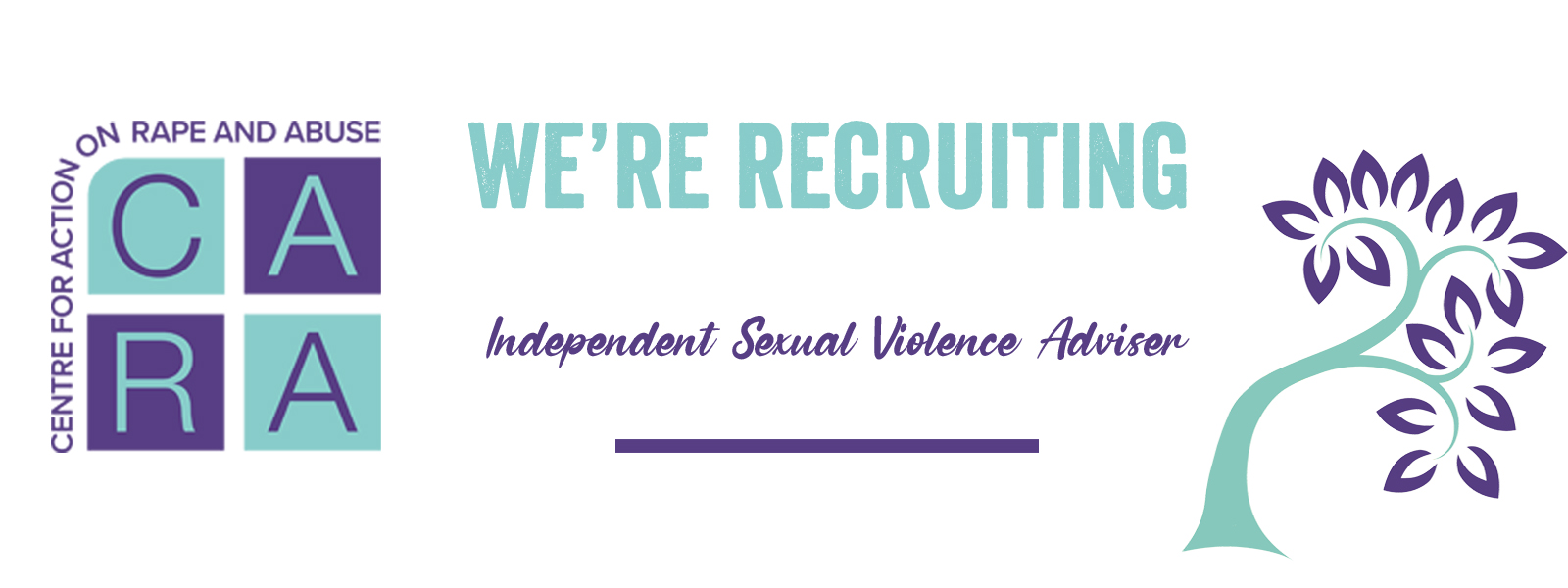The Civil Society Strategy: key facts you need to know
Posted on: August 10, 2018
Originally published by charitytimes: www.charitytimes.com
Written by Charity Times
10/08/18
The government has launched its new civil society strategy, announcing a number of changes to the sector, but as always, the devil is in the detail. Here is a breakdown of everything you need to know:
Dormant assets
The government plans to release £20m from dormant charitable assets and place the funds into grassroots community organisations. The money will be distributed to community trusts and commitments to support corporate social responsibility. The inactive funds will also be plugged into the improvement of the take-up of the Social Value Act.
While charity bodies were generally happy about plans to release the assets, NCVO chief executive, Sir Stuart Etherington said more could be done: “There is an estimated £2 billion in dormant assets, which the government can use to start a real revolution in community ownership and participation, but three years after they began work on this, progress seems limited and there is no mention at all of dormant assets in today’s strategy,” he said.
“We hope they will provide more detail on this area in the near future.”
Corporate social responsibility
The strategy also pledges to strengthen corporate social responsibility by setting up a new leadership group with senior figures from business, investment and social sectors.
However, IoF chief executive, Peter Lewis argued the strategy “could have gone further” in clearly setting the government’s role in promoting philanthropy and giving across all government departments and “embedding an ambition to raise, celebrate, and promote charitable giving more widely”.
Grant-making
Elsewhere in the strategy document, the governement promised “a revival of grant-making”, with the view to “broaden the range of funding options for community initiatives”.
The government said all public bodies should follow the Grants Functional Standard, which sets out minimum standards for general grants. A “ministerial event” will be held with the aim of improving data infrastructure. It has also said there will be new guidance published for commissioners on grant-making to small and local charities.
Providing a voice
Digital also features heavily in the strategy, with the government pledging to launch regional pilots to trial creative ways of involving people in local democracy, such as through online polls for community decisions. It also claims it will use digital to help charities reach more people and will support charities to have their voices heard.
However, Bond head of policy and campaigns, Claire Godfrey, said the best way of giving civil society “the confidence to speak out”, would be to revise the Lobbying Act and “stop inserting anti-advocacy clauses into grant agreements”, but it claims the government’s new strategy does neither of those.
“We welcome the offer to work with civil society, regulators and other government departments to determine how to support advocacy and campaigning in the UK, but this is not enough. Real confidence will now have to come from actions rather than words.”
The Compact
Among other changes to the sector, the government has also announced it will renew its commitments to grants and the principles of the Compact, a document that sets out a series of principles and commitments governing the relationship between the social sector and the government.
NCVO welcomed this announcement, claiming it is something the organisation has long been campaigning for. “This is an important symbolic gesture to show the government takes its relationship with charities seriously. In particular, I hope it will reinforce good practice in collaborative policy-making. We know that the best solutions to challenges come when the government works together with expert charities,” Etherington said.


